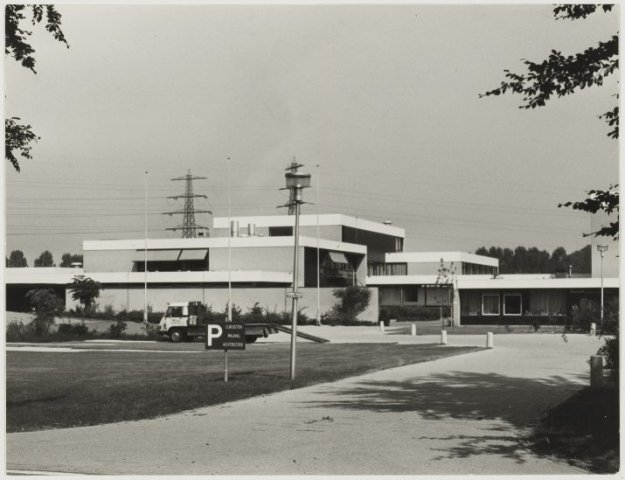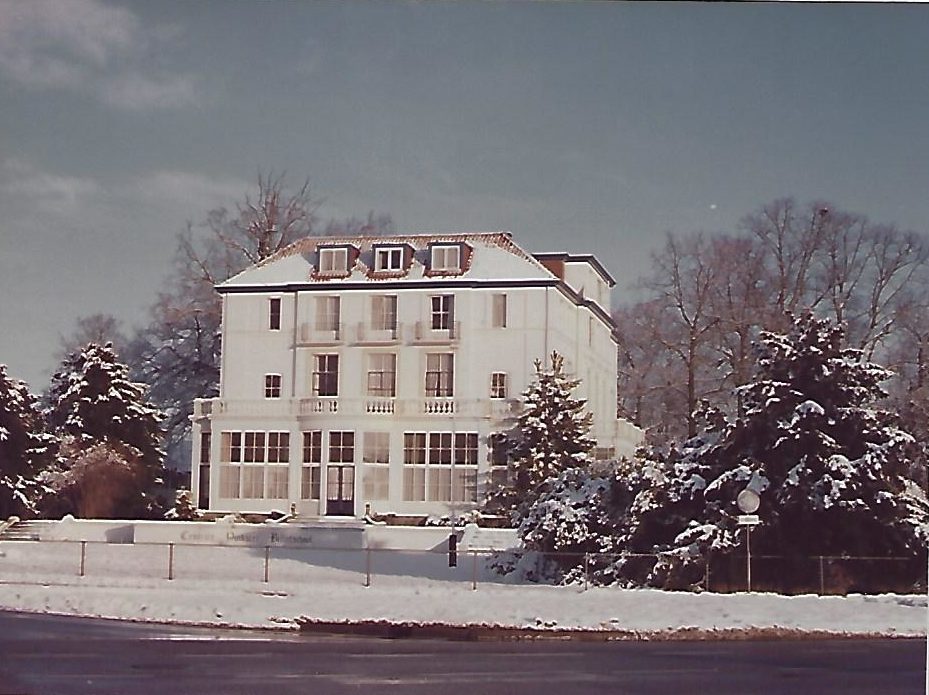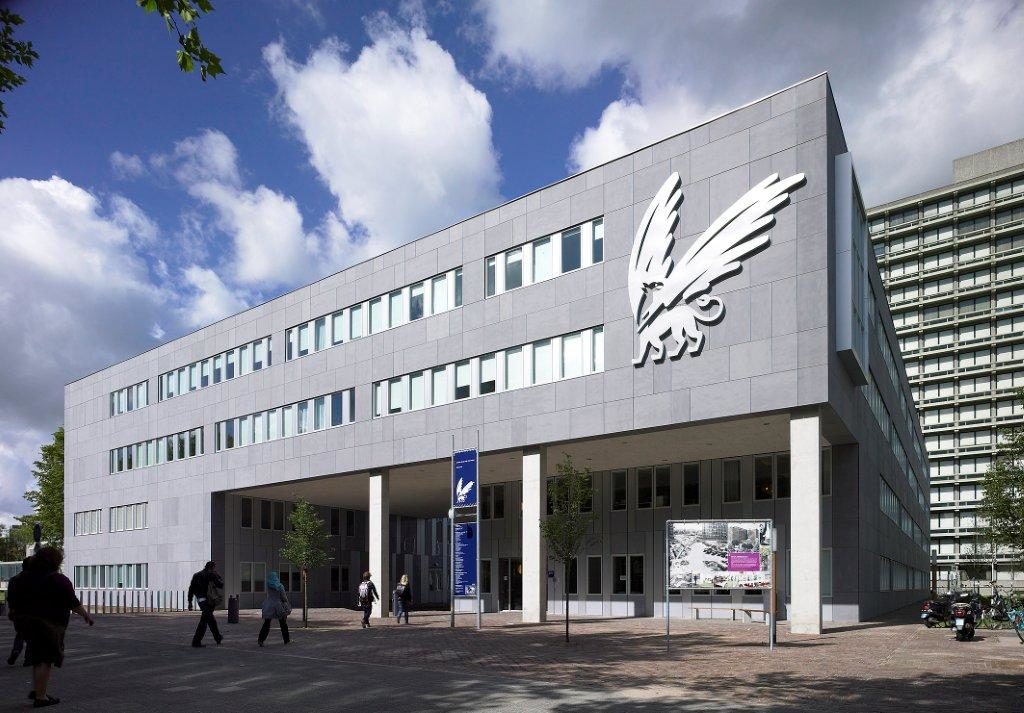
KNOWLEDGE
During his one-year full-time training at the police in the early seventies, Gerard gets insight for the first time in how Dutch society in particular is put together theoretically and practically.
Subjects such as State System, Civil Law, Criminal Law and Social Studies increasingly gave him a grip on the ins and outs of the functioning of people and their behaviors as a result.
He learns to truthfully observe and report on paper in all kind of different forms on the basis of facts.
Underpinning the (verifiable) facts, brought about by a rational approach to reality, Gerard’s thinking and emotional life shapes into a straightforward man of no-nonsense.
Giving clarification and being clear to his colleagues and the people he meets as a policeman on the street gives him a natural authority.
A (police) man with both feet on the ground with a more than excellent knowledge of law, accompanied by verbal persuasiveness supported by facts as they occur.
Conflicts on the streets with people, violators or (serious) criminals, where necessary Gerard talked them into the police station without the use of force.
This combined with not shying away from unexplored territory, for example the subject of transporting dangerous goods, has led to a transfer as an independently operating policeman to the practical training office which he had just left, within an early stage of 3 months.

” Gerard followed a compulsory course at the detective school in Zutphen. Here discussion of society was more detailed and whether how man functioned in it or not ”
With his knowledge and experience Gerard has increasingly become a well balanced person.
This was later reinforced by his work, first as a new style community police officer and later on as a chief agent at the Aliens Department.
In the context of the latter, Gerard followed a compulsory course at the detective school in Zutphen.
Here discussion of society was more detailed and whether how man functioned in it or not.
He learned a lot from it, thanks to the teacher who stimulated Gerard to answer pressing, basic questions about why he believed what he believed and whether this was in line with every day reality.
After all, Gerard had come to believe in Christ a few years before and to preserve and promote the unity within his family, he had also joined the local church of which his ex-wife was a member, not knowing what he now knows about the Bible, Christ and the dogmas.
Gerard actually felt threatened in his inner self by the teacher’s approach at the detective school.
” In his feeling, in his inner self he had “seen” that there was a God in Christ who brought all fundamental questions about life and death to him in a completely different light “

As a result he did wonder in that period where that might come from.
Why did he get so defensive when someone puts forward an argument that he did not have a quick answer to?
Why did it seem to him that the foundations of his faith were touched and why did this make him feel insecure?
This deep inner experience gave a great deal of food for thought and was the impetus to find a way to rationally substantiate his faith in Christ.
Through this reflection, Gerard discovered why he started to believe in 1976, namely an inner experience of the Spirit of Christ.
An experience that made everything different for him.
In his feeling, in his inner self he had “seen” so to speak, that there was a God in Christ who brought all fundamental questions about life and death to him in a completely different light.
That experience back in 1976 made him so enthusiastic, that every colleague must have become crazy who sat next to him in the patrol car.
Gerard was as it were bubbling over, and almost every conversation with his colleagues at that time he navigated in such a way that he could talk about that special experience he had.

” The hunger for theological knowledge, knowledge of the Bible and the history of the churches, began to take on such forms that he settled with his family on the campus of the Bible school of the collaborating Pentecostal churches “
What also became increasingly clear to Gerard is that it was about Christ Himself and not so much about the ecclesiastical dogmas, the doctrines of how the church thought about certain things.
The hunger for theological knowledge, knowledge of the Bible and the history of the churches, began to take on such forms that he admittedly resigned from the police in The Hague with a decent dose of wistfulness, and settled with his family on the campus of the Bible school of the collaborating Pentecostal churches.
There Gerard could fulltime satisfy his hunger for more knowledge about Christ, at least so he hoped.
What he especially learned were many doctrines and, broadly speaking, the differences between the endless types of all denominations, not to mention how infallibly the Bible, as the word of God, actually was.
Gerard however, was not so much driven by all this theoretical knowledge.
What he did want and eventually did during his studies and after was to carry out the experience of Christ in his life to all people in everyday practice.
Not a pious theory, but practical love and care for people who need immediate help.
In Gerard’s thinking and acting a pragmatic faith began to take shape.
Not only to proclaim that God loves all people, but to show that Christ works through other people to actually offer shelter to those who need it in the visible world.
This resulted in the establishing of foundations such as Sheba and De Schakel for people with addiction problems and/or other psychological needs.
All in all, Gerard develops a rationality which increasingly separated itself from the doctrinal principles of the churches in general and that of the Pentecostal movement in particular.
” The acquired (theological) knowledge at the VU has indeed brought Gerard what he was looking for, the truth about Christ, the facts about the church in general and in particular about the origin of the Canon and the resulting historical developments within those churches “

Gerard’s thinking about sexuality, being a sinner, about healing, about being a church together, etc., got a completely different appreciation and content.
After the busy years of building up all the foundations headed by Gerard and the associated organizational structure, his need for a better theological foundation and knowledge about Christ and the church was given a new breeding ground at the Free University where he joined in 1994, to eventually, also in the interest of the De Schakel Foundation itself, graduate as a Drs (Dutch title for Master).
Over the years during this training and especially afterwards, this study at the Free University Amsterdam has, in reflecting on Christ and the church, led to his current way of thinking about God, Christ, the Bible and the Canon and the associated people and the world in which they live.
The acquired (theological) knowledge has indeed brought Gerard what he was looking for, the truth about Christ, the facts about the church in general and in particular about the origin of the Canon and the resulting historical developments within those churches.
Acquired knowledge that slowly but surely crystallized into insights that are not only of interest to Gerard, but to all people who are looking for the meaning of life, for the experience of Christ in the here and now on this earth where we breathe.
Knowing the facts is facing the truth and acting accordingly for the sake of humanity, many of which are still wandering and/or searching for the fundamental answer to their existence.

